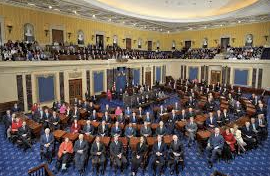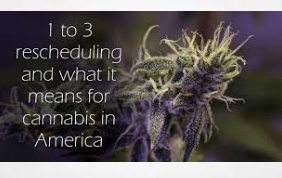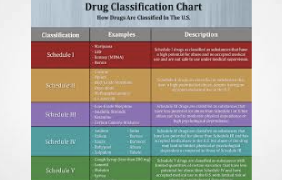November 4, 2021
Author. Travis Perry
On Oct. 25, a Travis County district court refused to issue an emergency temporary restraining order to halt the state’s ban on Delta-8 THC (Delta 8) products. In 2018, Texas had passed House Bill 1325 to address consumable hemp products in the State of Texas. The bill legalized products made with cannabidiol oil (CBD) such as gummy bears, food, drinks, topical lotions, and cosmetics.
After the ratification of House Bill 1325, CBD stores started popping up as tenants in retail shopping centers across the state. In fact, it is not uncommon to see a CBD store located in a high-end retail center in Highland Park or across the street from a public high school. It was no longer frowned upon to put what was once referred to as a “head shop” next door to a sandwich chain or convenience store.
One of the biggest revenue generators for these CBD proprietors was consumable or edible Delta 8 products. However, lawmakers began trying to criminalize Delta 8 back in the Spring of 2021. The argument on behalf of the proposed law was that House Bill 1325 was trying to legalize hemp, not the psychoactive THC derivatives. The bill was eventually abandoned because the Texas Department of Health and Safety (DSHS) did not consider Delta 8 within the scope of House Bill 1325. DSHS clarified its position with the following statement on its website:
“Texas Health and Safety Code Chapter 443 (HSC 443)… allows Consumable Hemp Products in Texas that do not exceed 0.3% Delta-9 tetrahydrocannabinol (THC). All other forms of THC, including Delta-8 in any concentration and Delta-9 exceeding 0.3%, are considered Schedule I controlled substances.”
Landlords for CBD retailers should be justifiably concerned with how this ban could subject them to any type of liability, criminal, or otherwise if their tenants are selling Delta 8 products. Under federal law, Delta 8 is considered a Schedule I controlled substance, possession is considered a felony with penalties of up to 2 years in prison and $10,000 in fines. Under the federal “Crack House Statute,” landlords can be subject to criminal liability under federal law if a tenant possesses or distributes an illegal (Schedule I) substance. Even though the sale and distribution of Delta 8 products is legal in 33 states and the District of Columbia, the “Crack House Statute” attaches criminal liability onto property owners/landlords that rent property to tenants that sell illegal controlled substances. Under the letter of the law, landlords could face up to 20 years in prison and $500,000 in fines if a CBD store tenant sells Delta 8 products.
The enforceability of Delta 8 violations is a whole other matter. Enforcement lies in the hands of local law enforcement. Dallas Police have stated that it “is committed to enforcing the laws of the State of Texas, to include the Health and Safety Code… and… is evaluating this ruling by the Department of State Health Services, to determine what efforts and/or enforcement actions will be taken.” Further, the Texas Department of Public Safety has stated that it “will continue to base its enforcement efforts on current statute, and we would refer you to the Texas Department of State Health Services for any questions regarding any changes they have made.”
As law enforcement has been vague on its prosecution strategy, it is imperative for CBD landlords to be vigilant regarding their tenants’ potential sale of Delta 8 products. Specifically, it may be useful for landlords to correspond in writing with CBD tenants regarding the recent law clarification. In these communications, reference to lease provisions that prohibit illegal activity as well as the sale and possession of illegal narcotics would defray an argument that the CBD tenants lacked knowledge. In accordance with the current state of the law, CBD landlords cannot allow CBD tenants to sell Delta 8 sales until and unless the law is changed, and consistently monitor the stores during this time of uncertainty.
The hearing for the temporary injunction that would prevent the state from halting sales of Delta 8 products is set for Nov. 5.
The views and opinions expressed in the article represent the view of the author and not necessarily the official view of Clark Hill PLC. Nothing in this article constitutes professional legal advice nor is intended to be a substitute for professional legal advice.

















